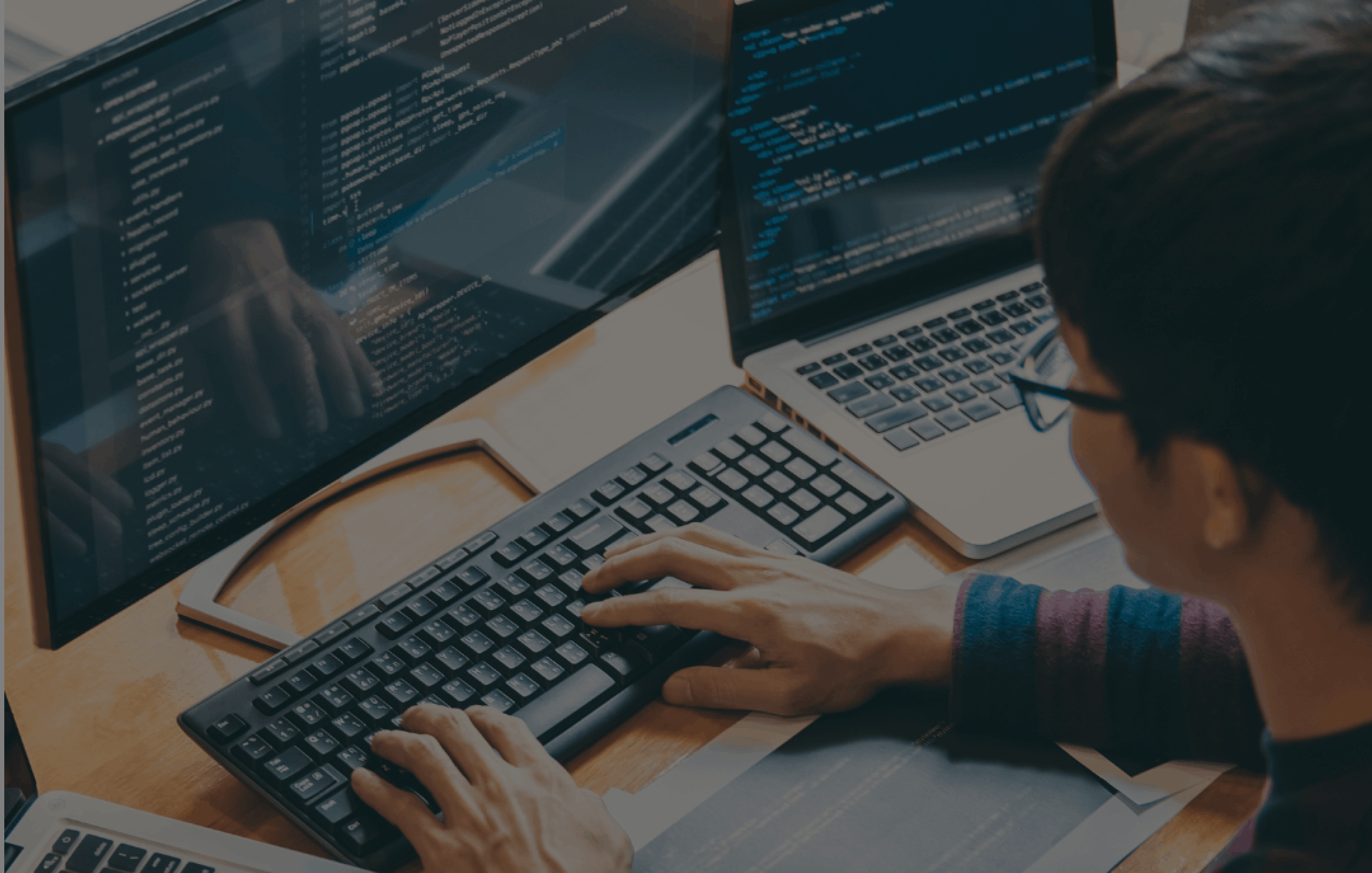
As a software developer, the idea of a technical interview can be both exciting and nerve-wrecking at the same time. The technical interview is a crucial step in the hiring process, designed to assess your problem-solving skills, coding abilities and overall technical knowledge. To help you navigate this challenge successfully, we’ve put together a comprehensive guide on how to prepare for a technical interview.
- Understand the Company and Position
Before diving into technical preparation, take the time to thoroughly understand the company and the specific role you're applying for. Research the company's culture, values and the technologies they use – you will find this information on the company’s website and social media. Tailor your preparation to align with the company's needs and expectations. - Review Fundamentals
Technical interviews often dive into the fundamentals of computer science and programming. Brush up on key concepts such as data structures, algorithms, time complexity and space complexity. Ensure you have a solid understanding of basic sorting and searching algorithms, linked lists, arrays, stacks, queues and trees. - Practice Coding Challenges:
Coding challenges are a common component of technical interviews. Platforms like LeetCode, HackerRank and CodeSignal offer plenty of practice problems that mimic real interview scenarios. Focus on solving problems in different domains and pay attention to optimizing your solutions for efficiency. - Know Your Data Structures and Algorithms:
Be prepared to discuss and implement various data structures and algorithms. Understand when to use a particular data structure or algorithm and the trade-offs involved. Familiarize yourself with common algorithms like Breadth-First Search (BFS), Depth-First Search (DFS) and dynamic programming. - Hands-On Coding Practice:
Coding is a skill that improves with practice. Try to set aside some dedicated time for hands-on coding practice. Work on implementing algorithms from scratch, and pay attention to code readability, correctness and efficiency. Practice writing clean, modular code. - System Design:
For more senior roles, expect questions on system design. Understand the principles of designing scalable and efficient systems. Practice breaking down large problems into smaller components and conduct mock-discussions for the interactions between these components. - Mock Interviews:
Simulate real interview conditions by participating in mock interviews. Enlist the help of friends, mentors or use online platforms that offer mock interview services. This will help you get accustomed to thinking under pressure and receiving feedback on your performance. - Stay Updated on Industry Trends:
Stay ahead of the latest developments in the software development industry. Familiarize yourself with new tools, frameworks and current best practices. Interviewers often appreciate candidates who show a keen interest in staying updated with the industry trends. - Behavioral Preparation:
Technical interviews may also include behavioral questions to assess your interpersonal and problem-solving skills. Prepare for questions about your previous experiences, challenges you've faced, and how you've overcome them. Use the STAR (Situation, Task, Action, Result) method to structure your responses. - Stay Calm and Communicate Clearly:
During the interview, stay calm and composed. Communicate your thought process clearly and don't hesitate to ask clarifying questions if needed. Interviewers are often interested as much in your problem-solving approach and communication skills as they are in the final solution.
Preparing for a technical interview requires a combination of theoretical knowledge, hands-on coding practice and effective communication skills. By understanding the company's expectations, reviewing fundamental concepts and practicing with real-world scenarios, you'll be well-equipped to tackle the challenges of a technical interview and showcase your skills as a software developer.
Remember, the goal of the interview is not only to assess your technical abilities but also to evaluate how well you can apply your knowledge in a collaborative and real-world setting. Best of luck!


